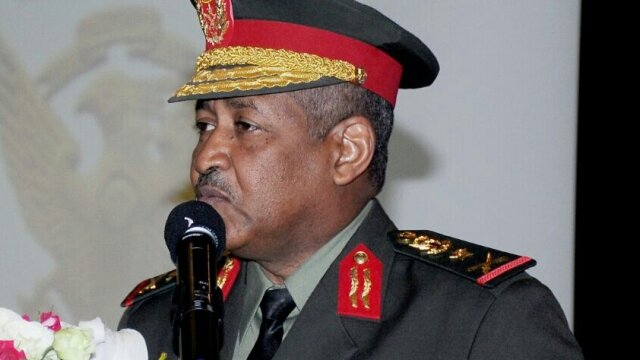(From South Sudan Young Leaders website*) A delegation of South Sudanese young leaders travelled to Addis Ababa this week to ask the AU to assume responsibility for the peace process in South Sudan. “The vested interests that regional actors have in South Sudan have prevented them from using their influence with our leaders to stop the fighting,”
Beny Gideon Mabor, a member of the South Sudan Young Leaders Forum (SSYLF), said.“If IGAD is not able to do what it takes, they should cede responsibility for the peace process to the African Union.”
South Sudan is currently facing concurrent political, economic and humanitarian crises, which have taken their toll on the country and the region. More than 3.5 million people have been forced to flee their homes, most of them seeking refuge in the four frontline states of Ethiopia, Kenya, Uganda and Sudan.
“Our leaders have demonstrated a clear commitment to military victory at all costs. The only way to save South Sudan from collapse is to usher in new leadership that can ensure a permanent ceasefire and begin the difficult task of repairing the harms that this war has done,” says Peter Biar Ajak, a member of the SSYLF delegation.
In recent weeks, the AU and IGAD have begun a diplomatic push to revitalize the peace process in South Sudan. Emmily Koiti, a medic and member of the SSYLF delegation, says, “For this process to be successful, it must give all the key actors a voice at the table. This applies to military and political actors involved as well as civic groups, including the youth. It should also guarantee that non-implementation of the peace agreement does not go unpunished.”
The young leaders urge IGAD, AU and the international community not to replicate past mistakes by focusing exclusively on accommodation and power sharing as a solution to the political crisis. “Power sharing as it’s applied in our country rewards warlords and legitimizes the pursuit of power through violence,” Geoffrey Duke, a member of the SSYLF delegation, says. “It’s time for us to think more critically about the type of political leadership that can provide peace and design a process that can deliver such leadership to the people of South Sudan.”
Numerous attempts to bring the warring parties together behind the terms of a political settlement have not yielded any meaningful results, including recent efforts by Uganda and Kenya. “We have seen several of these failed attempts to get the parties to talk to one another and agree on a roadmap for peace. While they haggle over their own personal agendas, the people of South Sudan are dying,” says Mannaseh Mathiang, an SSYLF delegation and member of the peace activist group Ana Taban. “This is why we, the younger generation, are trying to galvanise calls for a new strategy to save our country.”
Youth comprise of over 80 percent of the population in South Sudan, but the young leaders assert that they are marginalized and grossly underrepresented in decision making, including the planned revitalization of the peace process. As Koiti says, “The youth are bearing the brunt of the conflict. We are the ones that are fighting and dying, and still we’re denied the opportunity to share our views on the way forward for South Sudan.”
The trip to Addis Ababa is the third stop in the delegation’s regional tour which previously took them to Kenya and Uganda. In each location, the delegation is meeting with policy-makers, holding public events and consulting with South Sudanese communities. The regional tour will end with a series of events in South Sudan.
-
Zimbabwe's Coup Is Nothing to Celebrate
-
From Journalist to HostageNext >

